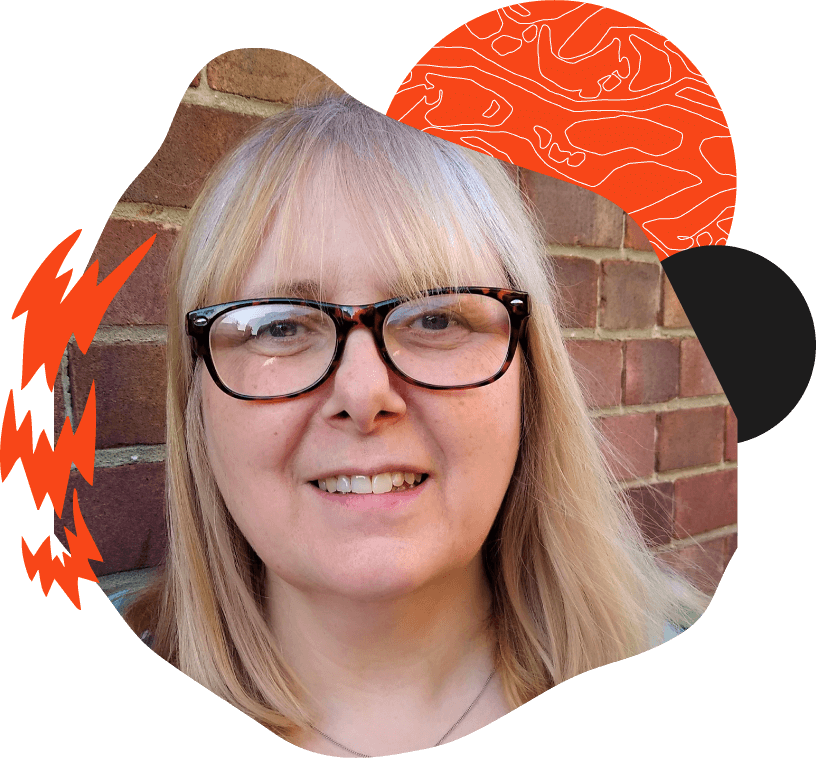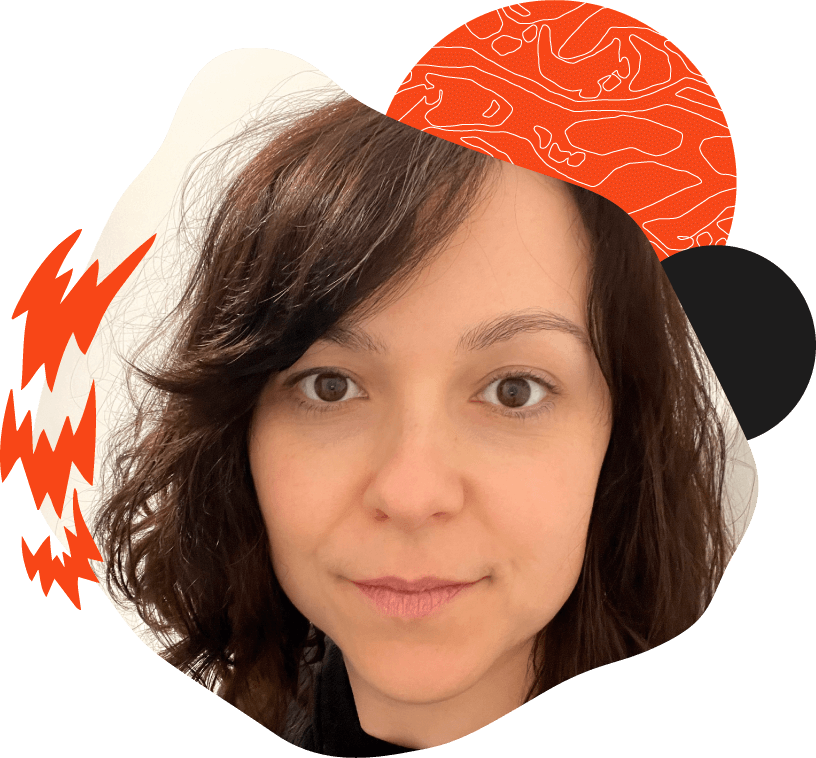What you will learn
-
- What is knowledge?
- The Tripartite View
- Perception as a source of knowledge
- Reason as a source of knowledge
- Indirect realism
- Berkeley’s idealism
- Innatism
- Intuition and deduction thesis
- Descartes’ Theory of Ideas
- The limits of knowledge
-
Unit 2 - Moral philosophy
- Normative ethical theories
- Kantian deontological ethics
- Aristotelian virtue ethics
- Applied ethics
- Meta-Ethics
-
Unit 3 - Metaphysics of God
- The nature and concept of God
- Arguments relating to the existence of God
- Teleological / Design arguments
- Cosmological arguments and criticisms
- The problem of ‘evil’
- Religious language
-
Unit 4 - Metaphysics of Mind
- What do we mean by ‘mind’?
- Dualist theories
- Physicalist theories
- Mind-Brain Type Identity Theory
- Eliminative materialism
- Functionalism
-
Unit 5 - Exam Preparation
- Practice Paper 1
- Practice Paper 2
Awarding Body

AQA qualifications are internationally recognised and taught in 30 countries around the world, highly valued by employers and universities and enable young people to progress to the next stage of their lives. AQA qualifications suit a range of abilities and include GCSE courses, IGCSE courses and A-level courses.
View our other AQA qualifications.
Endorsed by
Course Outcome
Upon successful completion of this home learning course, you will receive the qualification: A-level Philosophy, issued by AQA. Your certificate is identical to that issued to students at any other school, college or university.
This syllabus (7172) has been chosen specifically because it is best suited to distance learning.
How is this course assessed or examined?
You will be required to complete the two written exams:
- Paper 1: 3 hours, 50% of A-level, 100 marks.
- Paper 2: 3 hours, 50% of A-level, 100 marks.
Entry requirements
It’s recommended that you’re educated to GCSE standard or equivalent for the best chance at success. This AQA A-level Philosophy syllabus is a difficulty level three: the equivalent difficulty of an A-level or BTEC, usually suitable for most learners of all ages.




